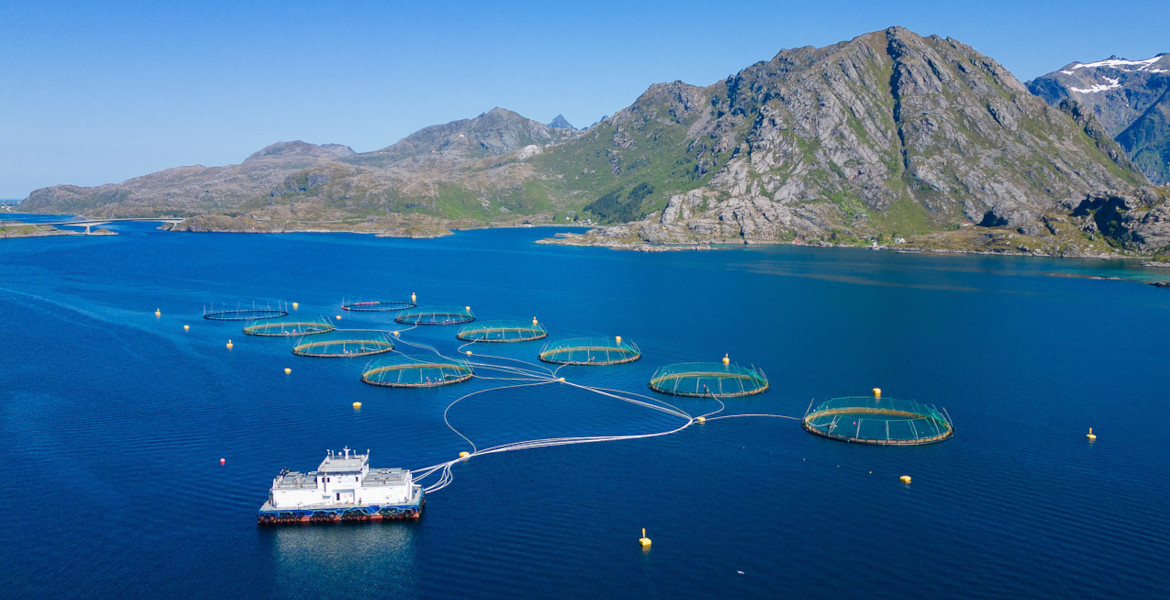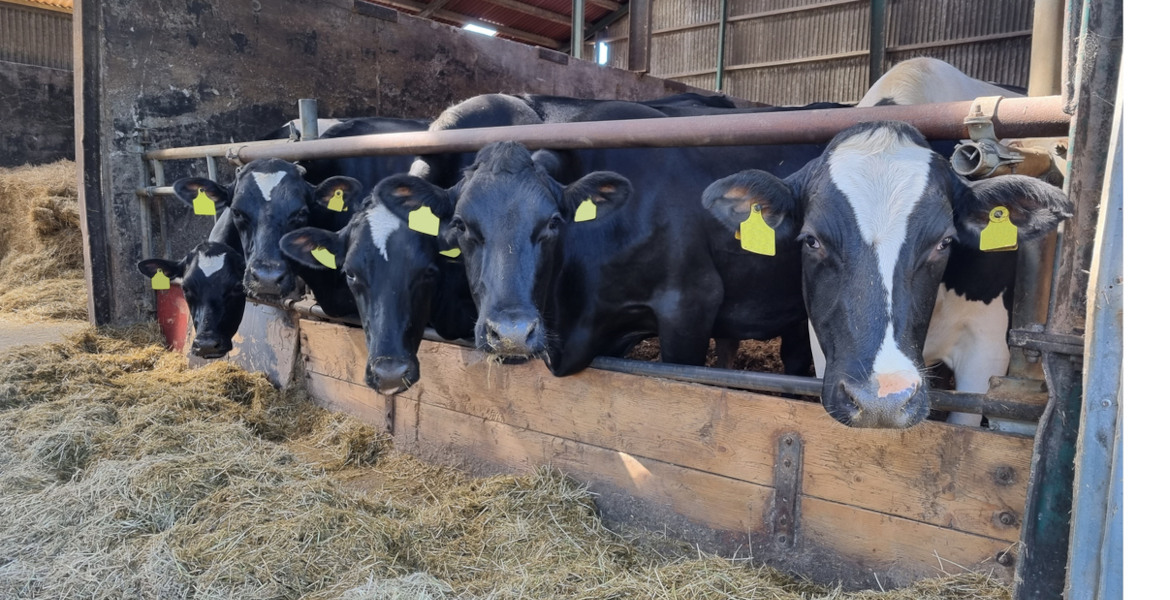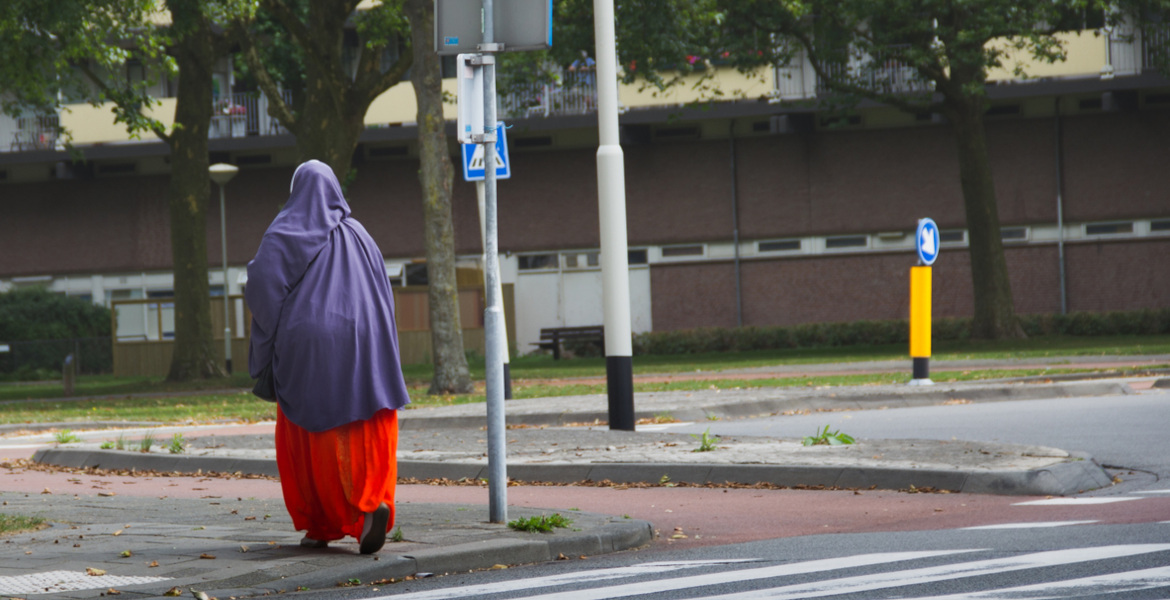Last year more than 100 million salmon died on salmon farms in Norway. This is the highest death toll ever recorded.
Norwegian salmon farms account for more than half of all farmed salmon consumed in the world and are the largest export commodity after oil. According to the Norwegian Veterinary Institute's Fish Health Report 2023, a total of 105.4 million salmon from Norwegian farms died last year. About 40 million of them died in land-based cages and 65 million in sea-based farms. On average, every sixth salmon died in these net cages, where the salmon live in extremely tightly packed conditions, which is the highest number documented.
– These are enormous losses, Ingunn Sommerset, section head at the Veterinary Institute's Department of Aquatic Biosafety and editor of the Fish Health Report, told Bonnier-owned Swedish newspaper DN.
The main causes of death were injuries during delousing of the salmon and two different infectious diseases. It is also reported that there has been a general increase in diseases among the salmon, which have also spread to wild salmon.
Salmon lice are common in salmon farms and there are specific rules about how many lice can be in the salmon. If the limit is exceeded, the salmon must be deloused, which used to be done with a drug to which the lice have now become resistant. To get rid of the lice, the salmon is rinsed or dipped in warm water. The water can be as hot as 34 degrees, a temperature that studies have shown can be painful for the salmon.
– Delousing is very stressful for the fish. Fish that already have ongoing infections are more likely to die after the stressful procedure, says Sommerset.
Last year, mass deaths were discovered at several farms owned by farming giant Lerøy, which was criticised for not reporting the mass deaths to the Norwegian Food Safety Authority in time. They were also found to have attempted to sell self-dead salmon. In salmon farming, live fish are usually pumped onto boats and then killed on board before being shipped for sale. In this case, the company had pumped dead fish onto the boat and was in the process of sending them on to be sold as fresh salmon.




